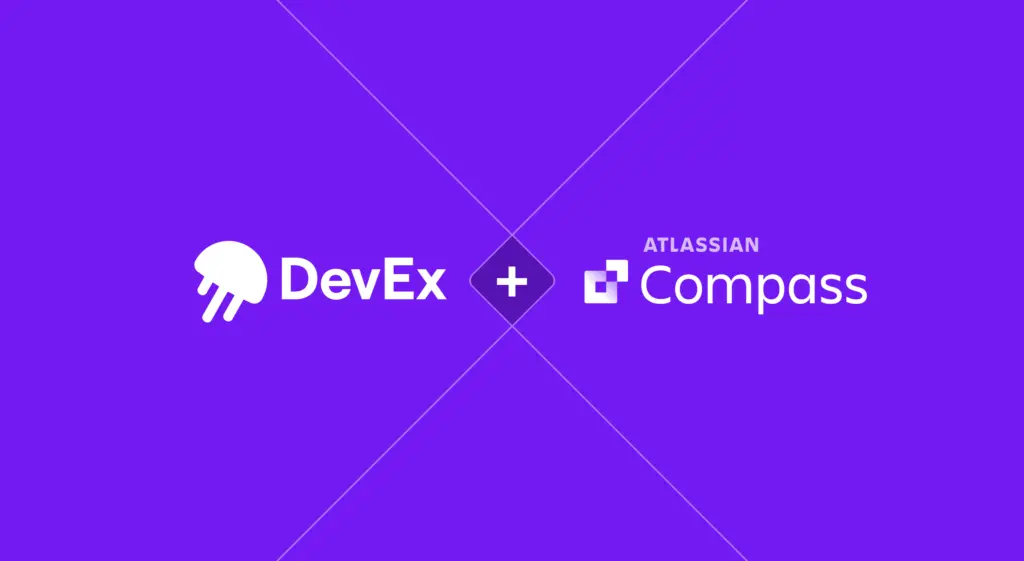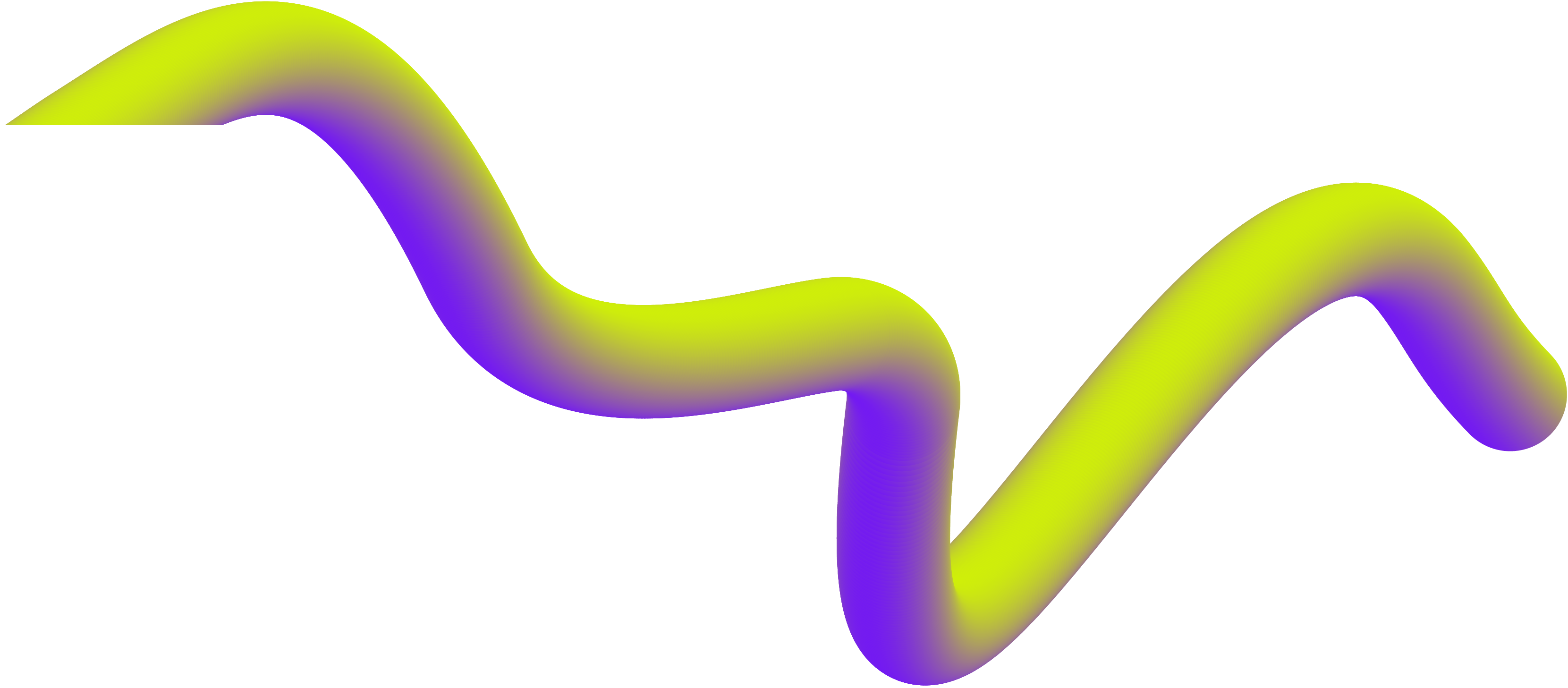As the Jobber team expanded rapidly, it was all hands on deck to optimize team efficiency and prioritize engineering technology investment. “We needed to be more explicit around processes, to set a minimum bar of how much we expect teams to do,” shared Devin Serink, Director of Software Engineering at Jobber. The team had to justify making substantial mobile platform changes and become more data-driven.
Jobber fundamentally changes how home service companies deliver their services and interact with customers, helping them meet the needs and expectations of younger, tech-savvy homeowners. The software manages the full customer lifecycle, from generating quotes to scheduling crews, servicing homeowners, invoicing them once the job is done, and accepting payments in-person or online. Jobber routinely ranks as one of Canada’s fastest growing and most innovative companies. Due to this growth, the size of the engineering team has doubled in about a year.
Jobber came across Jellyfish through a Jellyfish customer that had been touting the quality of insights that the product gave into their engineering department and the resource investments they were making there. “We wanted to get a better understanding of our Allocations across the department without having to do a lot of heavy lifting,” said Ryan Jones, Vice President of Software Engineering at Jobber. “I liked Jellyfish’s tight integration with Jira and Github, whereas other products were only looking at Github data,” Jones shared.
Devin Serink Director of Software Engineering, JobberJellyfish allows us to compare epics, notice trends, and shift accordingly. We can diagnose problems and spot them early on before they become emergencies.
Jellyfish immediately solved for visibility challenges by helping management understand where engineering time was being allocated. “Being able to quantify and support arguments with evidence was a huge benefit and that data was not something we could get out of the native Git and Jira tooling,” Serink shared.
Operational complexity can build up if teams don’t prioritize efficiency as they grow. Jellyfish allows Jobber to better understand their rate of delivery, and other engineering operational trends. “Jellyfish allows us to compare epics, notice trends, and shift accordingly. We can diagnose problems and spot them early on before they become emergencies,” Serink shared.
Jellyfish metrics have supported Jobber’s initiatives in two key areas:
- Re-platforming of their mobile app
- Improving team operations and effectiveness with metrics
Devin Serink Director of Software Engineering, JobberWe weren’t seeing enough movement in the technical direction we needed, and Jellyfish helped us identify the gap and make the decision to embark on a significant re-platforming project.
Re-Platforming The Mobile App
Jobber’s mobile app is an important facet of its business, enabling users to more easily access the product. A significant technology shift was required on the mobile app and Jellyfish helped uncover the inefficiencies that stemmed from working within their existing platform. The Jobber team understood the complexity of the situation, and what they needed to do, but had no evidence to prove that without Jellyfish data. “Jellyfish had the ability to tell us how much time was being spent on certain activities. We could even see which engineering language was being used to help isolate work on just the mobile app,” Serink said.
With that data in mind, the Jobber team made the decision to re-platform their mobile app in order to improve team efficiency. “We weren’t seeing enough movement in the technical direction we needed, and Jellyfish helped us identify the gap and make the decision to embark on a significant re-platforming project,” Serink said. “Jellyfish helped us advise the choice we ultimately made to re-platform,” Serink said.
As a result, Jobber started investing heavily in their React Native skillset. They wanted to create consistency across the way teams worked on web and mobile and streamline the entire development process.
The team has seen significant improvement in team performance and product innovation since re-platforming the mobile app. “We’re building a more modern UI and we have more production tools that support it,” Serink shared.
Improving Operations & Effectiveness with Metrics
There are quite a few metrics within Jellyfish that Jobber tracks to guide strategic decision making and foster team productivity; most notably the team can now measure DORA metrics, improve productivity and sprint planning, and align and optimize strategic investment of resources. Jobber leverages Allocation data to improve focus and effectiveness. “With Allocations, we can understand where we stand in relation to others,” Serink said. “Jellyfish gives us signals by looking at numbers in the aggregate. The metrics show where we’re improving over time, and where we can get even better”.
Jobber uses Jellyfish directly with the teams, leveraging shareable URLs onto a Wiki page where teams can see and reflect on what they’re measuring to see if goals are met.
In addition, Jobber has been measuring maintenance to understand retroactively if teams have been carrying too many legacy features relative to others. “Jellyfish helps us make sure we’re doing things in an equitable sense which we weren’t before,” Serink said.
Devin Serink Director of Software Engineering, JobberJellyfish helps us understand what’s going on within the teams themselves and across the board. Over time, Jellyfish tells us a story of how we can better allocate our time and efforts.
Results from Using Jellyfish
Serink has seen the engineering organization optimize significantly in recent months. “Engineering pace is kicking up. We’re helping executives see the health and speed of our engineers.” Through the utilization of Jellyfish data, visibility across the organization is improving day-by-day. Jobber is operating as a cohesive unit with increased operational efficiency.
The increased operational efficiency has even enabled the team to better collaborate. “Jellyfish helps us understand what’s going on within the teams themselves and across the board,” shared Serink. “Over time, Jellyfish tells us a story of how we can better allocate our time and efforts.”
Serink is happy with the team progress he’s seen with Jellyfish so far and looks forward to working with the tool more. “Jellyfish is maturing at a pace we need. With it, we’ve offloaded a lot of manual efforts and improved our engineering metrics practice in a way that without Jellyfish would take hundreds of thousands to resource.”





